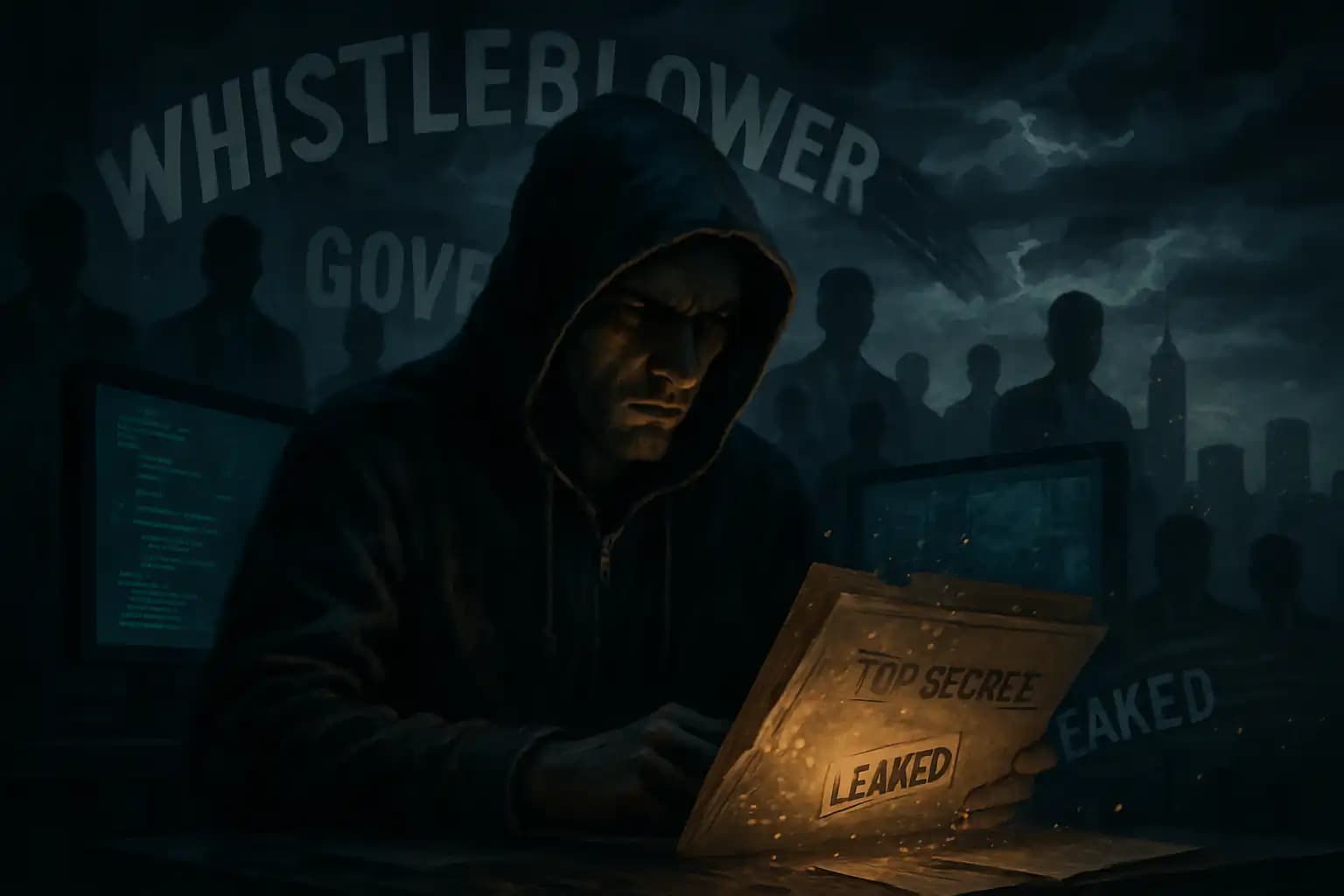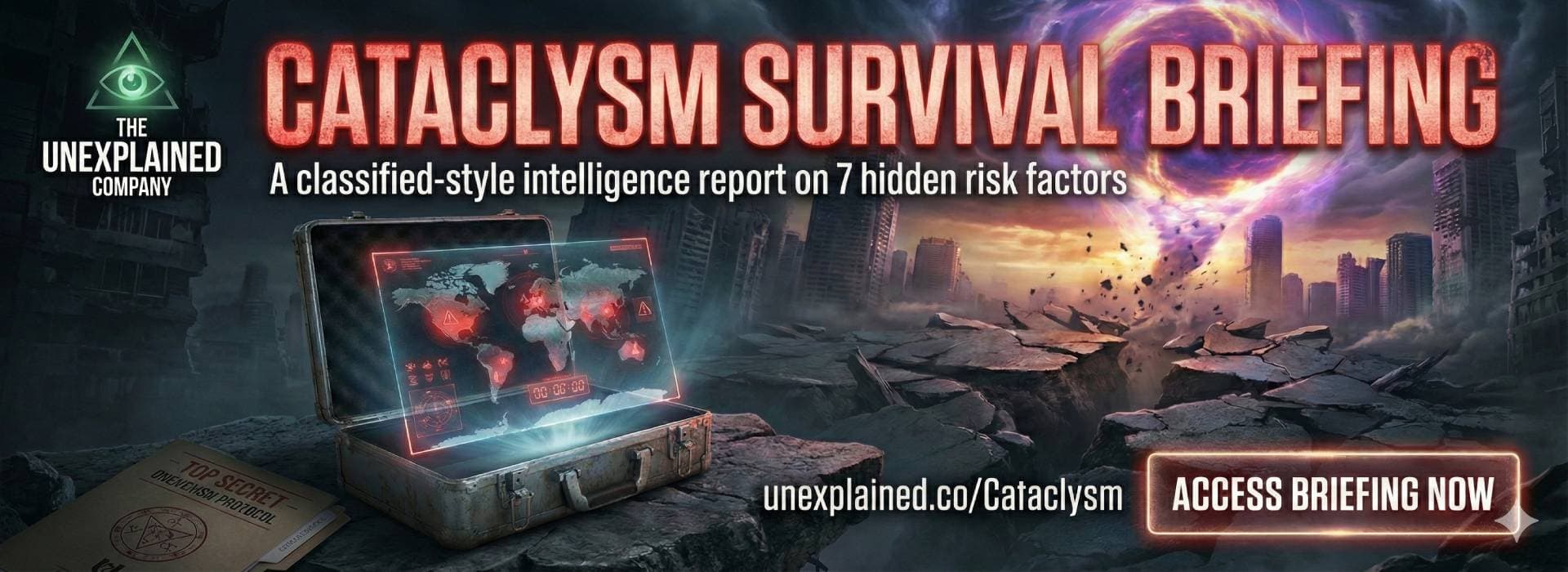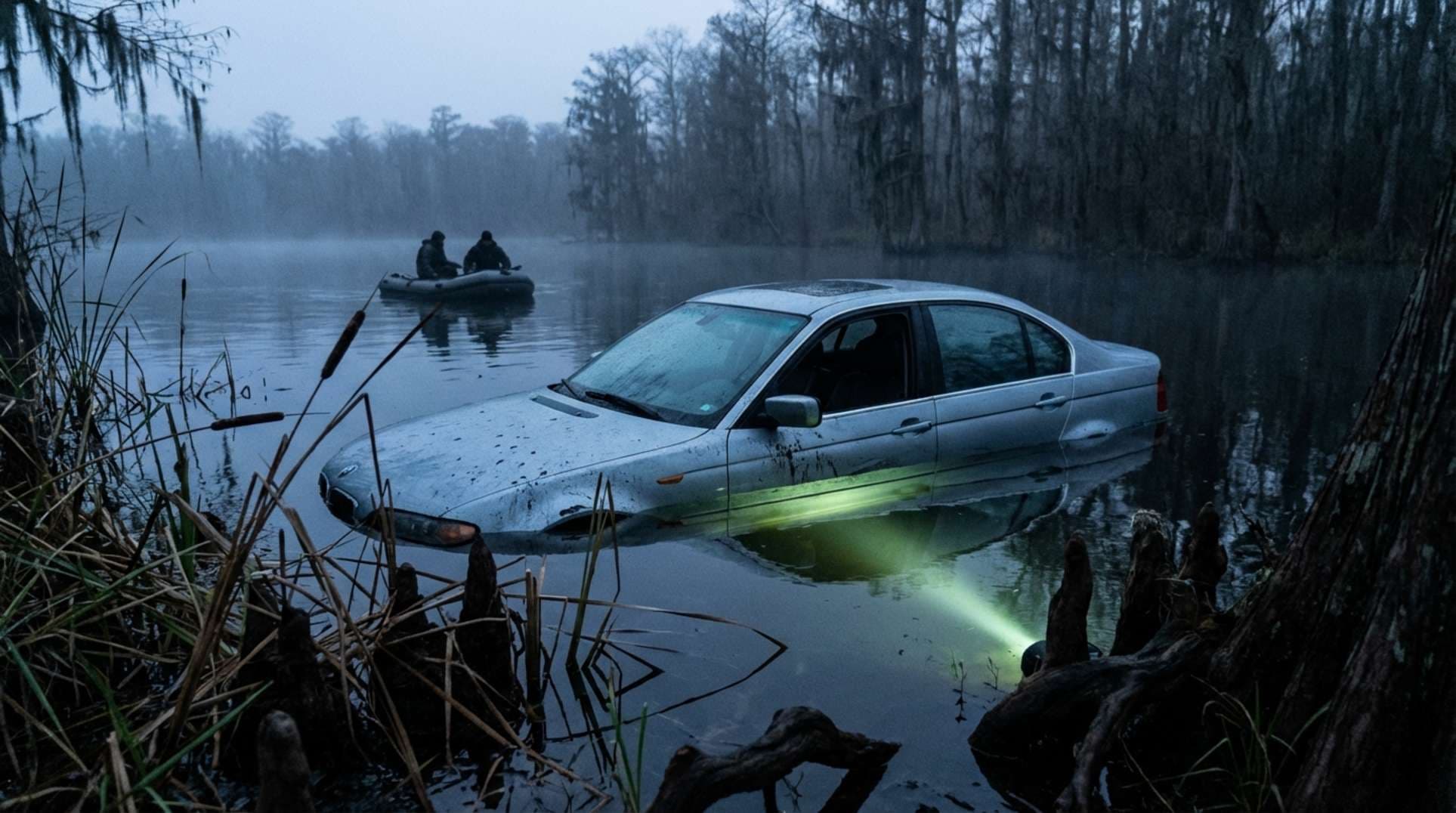It always starts with a whisper—an email, a document, or a leak that promises to disrupt everything you thought you knew. Whistleblowers have become icons of truth, wielding information like a weapon to shatter institutional secrecy. When a whistleblower reveals a major disclosure, the fallout reverberates through governments, corporations, and every cubicle in between, dividing the world into believers and deniers. The real impact? Entire eras often hinge on these leaks and how societies confront the revelations.
Take a long view through American history: classified files dropped by Daniel Ellsberg and Edward Snowden’s global surveillance exposé forever altered our relationship with power. Famous cases chronicled by resources like NorthWhistle and the Employment Law Group show how one person’s courage (or, from another perspective, recklessness) can galvanize public debate, prompt legislative reforms, or—like in Watergate and the Pentagon Papers—topple entire presidents. The personal toll is often colossal. Many whistleblowers, as revealed in Wikipedia’s analysis, face retaliation through job loss, sabotage, and even threats to their lives. The price of disclosure rarely matches the hero’s welcome Hollywood portrays.
The Whistleblower Dilemma: Truth Versus Survival
Being a whistleblower resembles navigating a minefield with only your conscience for armor. Most insiders try to solve issues quietly, reporting misconduct internally. But when the rot runs deep, or leadership is part of the problem, going public often becomes the only option. This choice comes at a high price. Whistleblowers frequently become targets of smear campaigns, legal threats, or extensive retribution, as seen in grim tales surrounding sensitive disclosures—be it on clandestine intelligence empires (this exposé on covert operations) or historical coverups and disasters (devastation hidden for centuries).
The term “whistleblower” hasn’t always carried a positive connotation. Ralph Nader tried to give it a favorable spin in the 1970s, hoping to recast informers as guardians instead of snitches. However, real-life cases, from corporate fraud to government deception, reveal that the battles whistleblowers fight can last for years, fueled by relentless resistance from those seeking to keep secrets buried. Their efforts sometimes unearth sprawling conspiracies—organized crime, shadow governments, or existential risks from runaway technology (AI running off the rails).
The Impact of Major Disclosures on Public Policy
Major leaks alter more than water-cooler discussions—they can reshape society’s very structure. Government reforms, new bureaucratic watchdogs, and waves of regulations have emerged from whistleblower disclosures. Occasionally, though, these bombshells trigger only minimal accountability, especially when exposed institutions mobilize their spin machines. For example, revelations about deep state activities, as in investigations like individuals exposing covert empires, inspire calls for transparency but often face resistance that redirects or diminishes real change. Still, public appetite for disclosure continues to grow—turning some whistleblowers into folk heroes who navigate the chaos and exposing a world as convoluted as secret societies, lost civilizations, and doomsday warnings found in investigative deep-dives or apocalyptic prophecies.
Social media has transformed the whistleblower’s playbook by providing anonymity and a platform for allegations, but this instant scrutiny can escalate consequences for both accusers and the accused. As stakes rise in areas like artificial intelligence, geopolitics, and shadow finance, the revelations sometimes overshadow the spectacle itself. Is the truth genuinely on your side, or just another skirmish in the chaos of history?
Courage and Costs: The Human Toll of Blowing the Whistle
If whistleblowers seem like prophets or martyrs, it’s because many dedicate their lives (and sometimes lose them) for their cause. Some, like John Barnett or David Kelly, paid the ultimate price after disclosures involving national safety and war. Most lose livelihoods and endure profound isolation. The Wikipedia summary on whistleblowing outlines not just the mechanism of disclosure, but the aftermath: depression, financial stress, and even mysterious disappearances. For every high-profile media trial, countless others fade into obscurity, their sacrifices known only in niche circles or, chillingly, in urban legends surrounding silenced truth-tellers.
Still, some countries have established robust protections—including anti-retaliation laws—to encourage transparency. Yet nothing can eliminate the threat of coordinated intimidation or the psychological toll. What endures is the power of a single voice heard at the right moment—a thread that unspools a hidden tapestry larger and stranger than fiction. The mechanics of this process can be as obscure as the scrolls buried in history’s unsolved mysteries or the cycles of disaster, survival, and revelation chronicled at Unexplained.co.
In a World of Secrets, the Whistle Never Sleeps
Shocking disclosures by whistleblowers will always shock society awake—even when the message is uncomfortable or the messenger suffers. Their stories, from the macrocosm of governmental indifference to the microcosm of sticky-note confessions, remind us that occasionally, all it takes is a single act of disclosure to change the rules… or to reveal how deep the rabbit hole truly goes.





